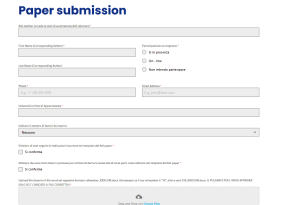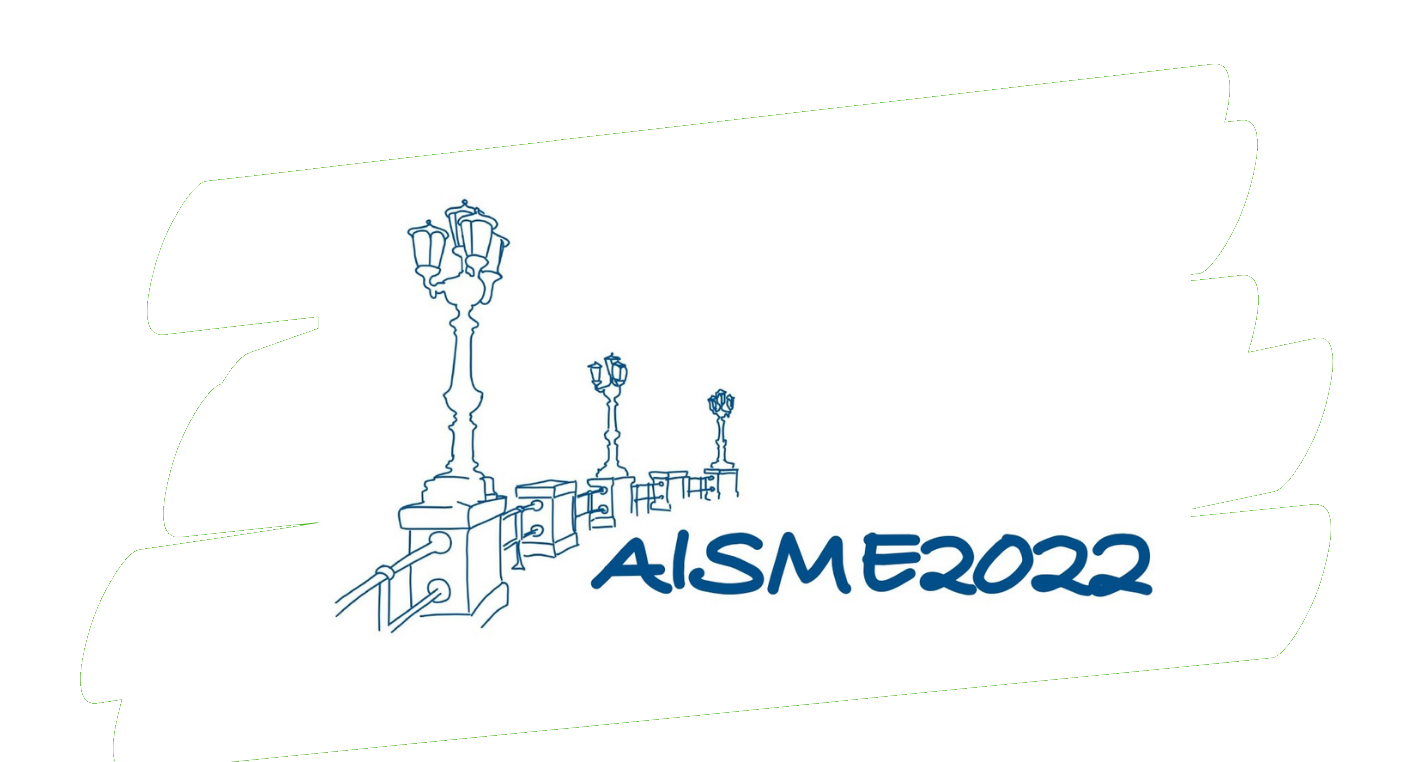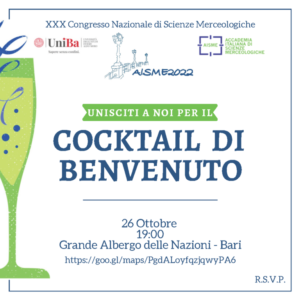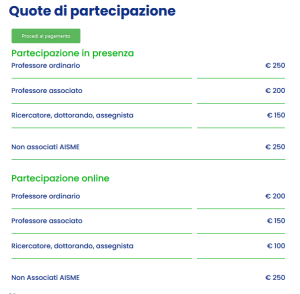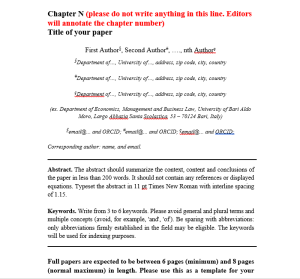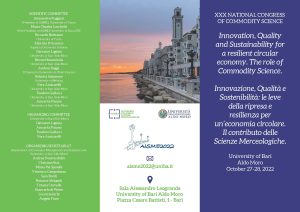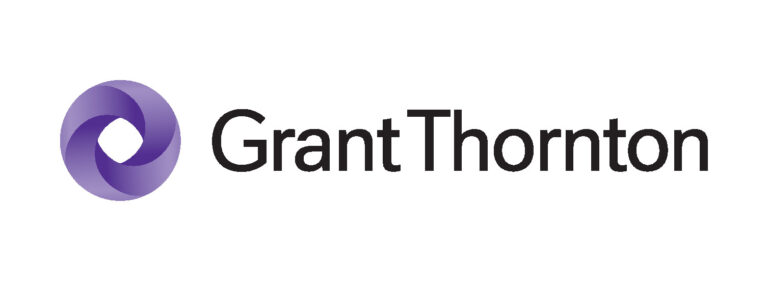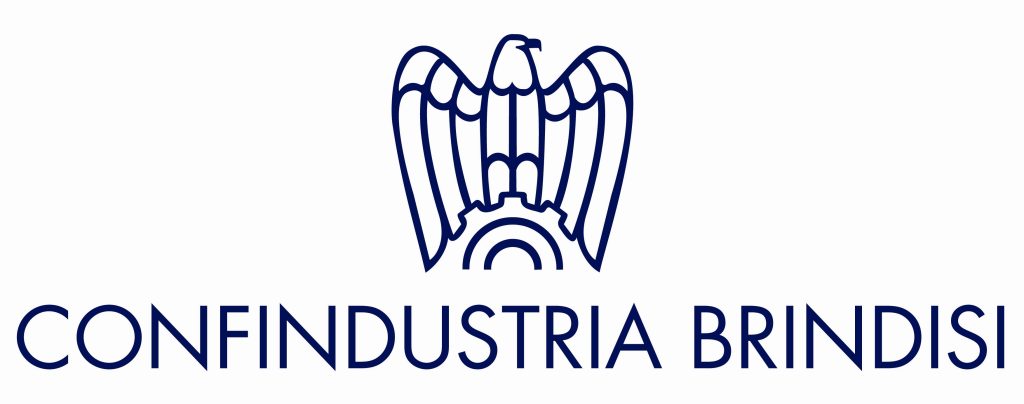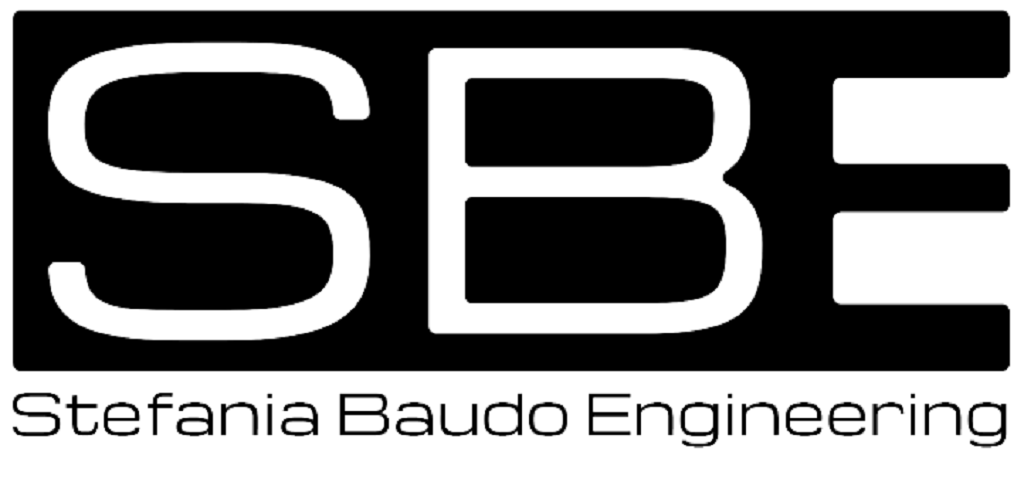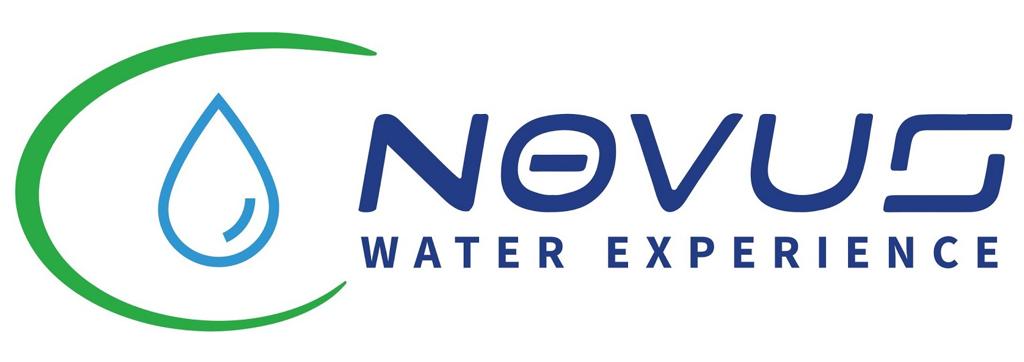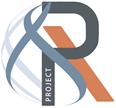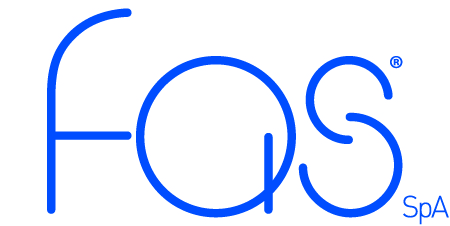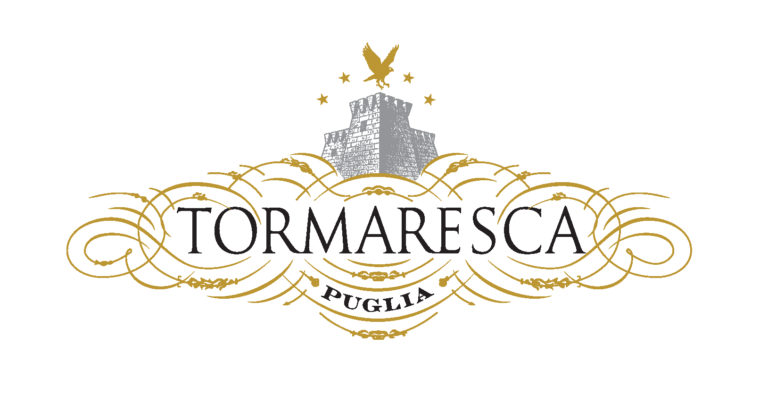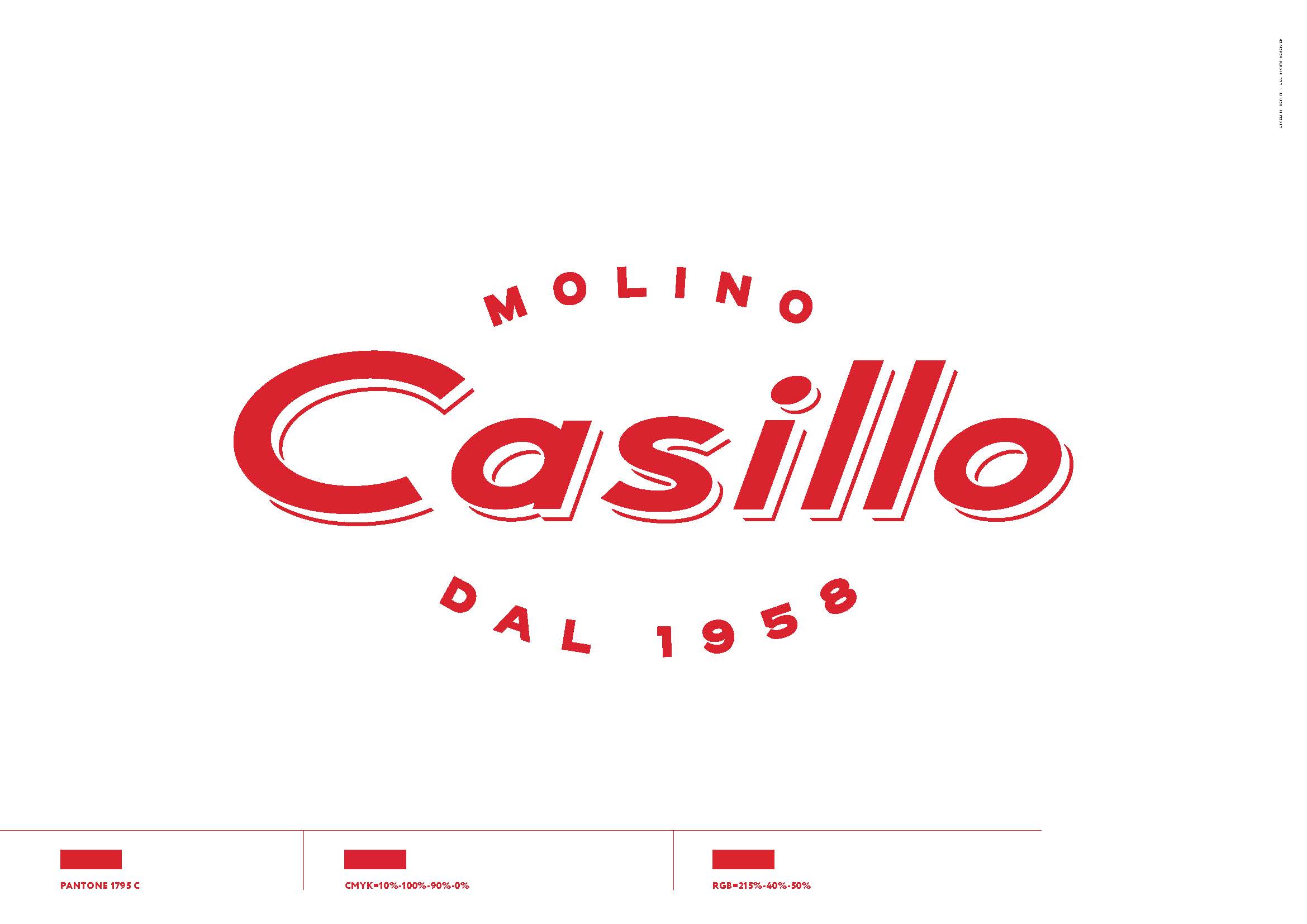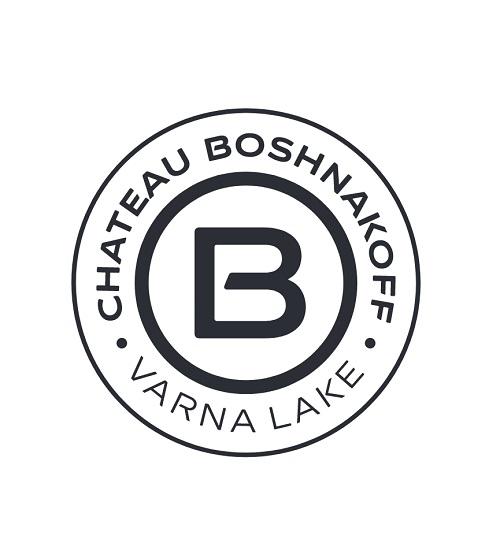The Congress
The weaknesses of the current economic, social, and environmental scenario, together with the impact of the COVID-19 pandemic that the humankind has been facing for two years now, are increasingly stimulating an in-depth reflection on the organizational models which today’s society is based upon. Those are mainly related to consumers’ behaviors, and to the productive models of businesses and organizations, as well as to the functioning of national and supranational socio-political systems.
Therefore, in the process of restoring stability, it is desirable that any form of circular economy (CE) system derive from the implementation of the relevant issues of sustainability, innovation, and quality not only on the scale of production but, also, on that of use/consumption and disposal. This will make it possible to satisfy di CE principles and loops, and so extend products’ life cycles, and close resource loops through recycling processes. This is a huge challenge that should follow an approach based on exchanging and sharing knowledge, thereby going beyond the multidisciplinarity and transversality of Commodity Science. The latter can play multiple relevant roles in this regard, as it has been attentive to sustainability, innovation, and quality issues for a long time. The XXX National Congress of Commodity Science is part of this perspective, which intends to bring together the scientific community for moments of discussion and study.
THEMATIC AREAS
Quality: quality management systems, process and product certification, safety and traceability, sensory analysis, labeling, quality and consumer relations.
Innovation: innovative technologies, characterization of goods, processes and continuous improvement in production chains, technology and management innovation, digital innovation, ICT, research and technology transfer.
Sustainability and Circular Economy: Circular Economy models and tools, Industrial Ecology and Industrial Symbiosis models, environmental protection, management of natural resources and raw materials, waste management, critical materials, environmental technologies, sustainable consumption models, life cycle assessments (LCA, LCC, S-LCA), environmental management systems, sustainability indicators, circularity indices, sustainable development goals.
Thematic areas
Quality management systems, process and product certification, safety and traceability, sensory analysis, labeling, quality and consumer relations.
Innovative technologies, characterization of goods, processes and continuous improvement in production chains, technology and management innovation, digital innovation, ICT, research and technology transfer.
Circular Economy models and tools, Industrial Ecology and Industrial Symbiosis models, environmental protection, management of natural resources and raw materials, waste management, critical materials, environmental technologies, sustainable consumption models, life cycle assessments (LCA, LCC, S-LCA), environmental management systems, sustainability indicators, circularity indices, sustainable development goals.
Full Professor__€ 250,00
Associate__€ 200,00
Researcher, PhD student, postdoc__€ 150,00
No AISME members__€ 250,00
Full Professor__€ 200,00
Associate Professor__€ 150,00
Researcher, Phd student, postdoc__€ 100,00
No AISME members__€ 250,00


